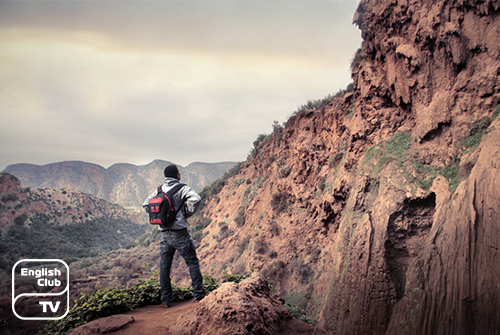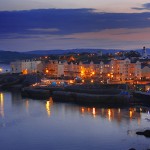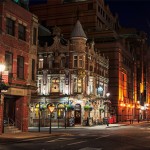English explorers had made it possible for hundreds of other countries to embark on dangerous but enthusiastic journeys around the world and discover many lands and famous locations. Most of the British explorers died at a very young age during their expeditions. But their accomplishments continue to inspire millions of people today to engage in daring adventures and find new ways for improvements of the humankind.
Mary Kingsley was born in Islington, London in 1862. In 1893, she travelled along Sierra Leone and through Angola. During this period, Mary Kingsley studied tribal lives and customs. She discovered many fish species and some of them named after her. While journeying along the Ogooué River of Gabon on a canoe in 1985, Mary found not only new fish species but also new tribes as well. Furthermore, she also discovered a new European route up to Mount Cameron in 1899.
Henry Hudson (1565 – 1611) was born in Torquay, Devon, England. He was instrumental in finding a new route to the Pacific Ocean and Asian coast in 1607. After that, he travelled to Greenland and discovered a new land called ‘Young’s Cape.’ In 1609, he also discovered Delaware Bay and North River, named after him as Hudson River. In 1610, he was instrumental in reaching Hudson Strait and Hudson Bay. Because of him, discoverers had a better picture of the American eastern coast. He was, unfortunately, murdered in 1611.
Sir Ranulph Fiennes was born in 1944 in Windsor, England. He journeyed to Norway Jostedalsbreen Glacier in 1967 and then took a hovercraft ride along the White Nile in 1969. In 1970 too, Sir Ranulph Fiennes participated in an expedition along the Jostedalsbreen Glacier for the second time. He took part in an expedition to Headless Valley in 1971 and the Transglobe expedition in 1979. The first to circumnavigate the world, Sir Ranulph climbed Mount Everest in 2009 and became the oldest individual to accomplish the task.
Alexander Mackenzie (1764 -1820) was born in Scotland. He discovered Fort Chipewyan in 1788 taking a part on a journey to Lake Athabasca. The Mackenzie River Expedition in which he took part in 1789 succeeded in finding a North West passage along the Arctic Ocean. He established the Peace River Fort Polk in 1792 and became the first Englishman to cross North America. Named after him, is the Mackenzie River and Sir Alexander Mackenzie Provincial Park.
England is home to many great explorers. Robert Falcon Scott CVO RN (1868 – 1912), a Royal Naval officer, led two expeditions to the regions of the Antarctic. The Discovery Expedition of the South Pole during 1901 -1904 and the Terra Nova expedition, 1910 -1913.
The first explorer to circumnavigate the world three times and the first British person who explored parts of Australia was William Dampier (1651 – 1715).
Sir Walter Raleigh (1552 – 1618), David Livingstone (1862 – 1900), Sir Francis Drake (1540 – 1596), and Capt. James Cook (1726 – 1779) are among some of those recorded as great English explorers who helped in expanding the horizons of the world.









